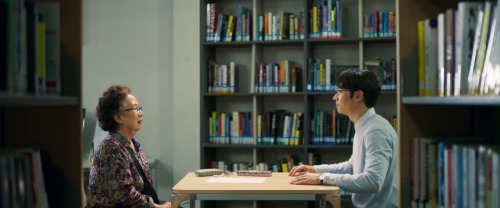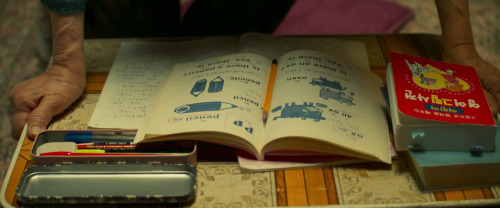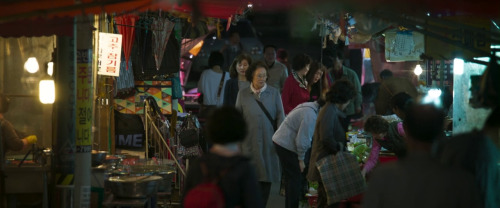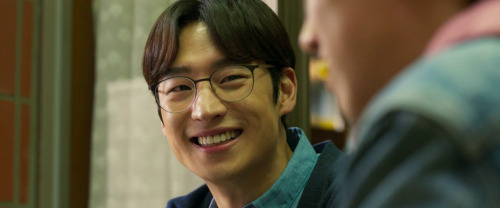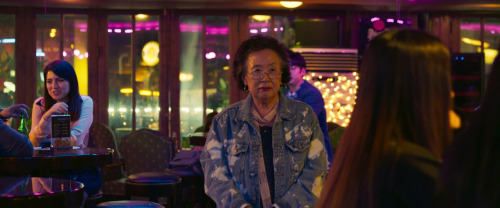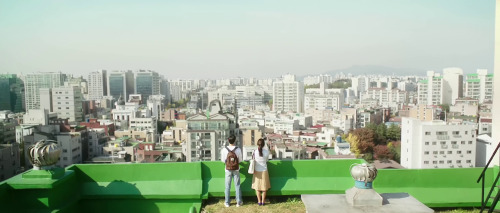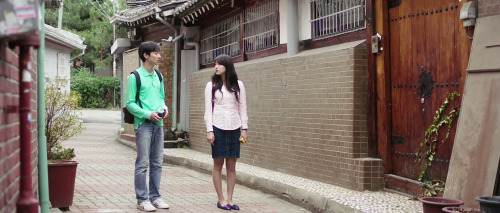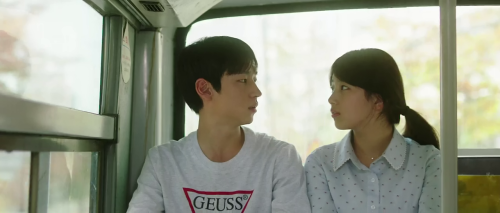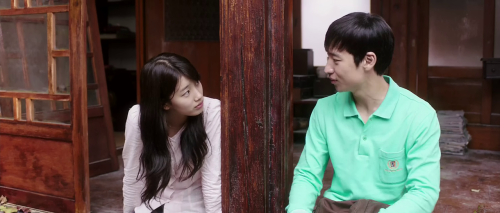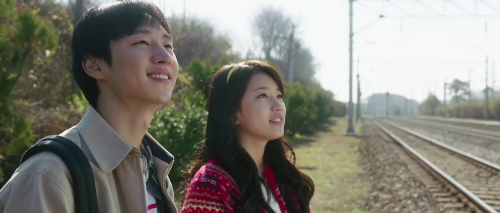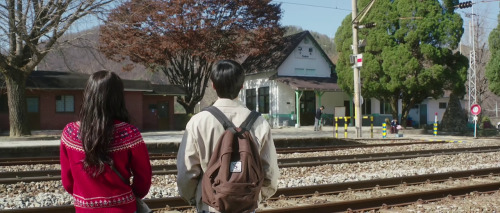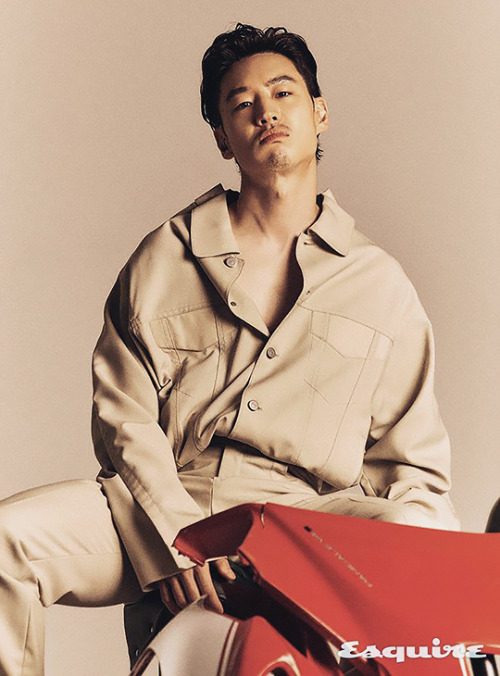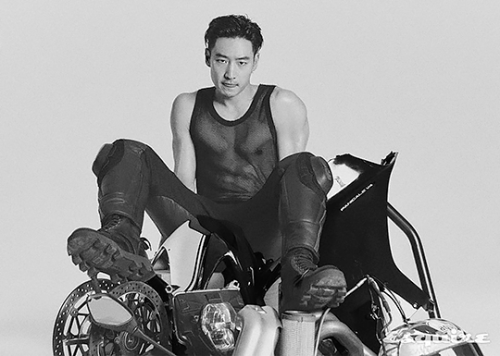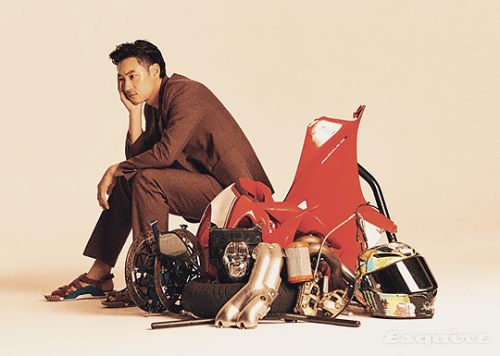#lee je hoon
TAXI DRIVER OST
OST Part 1 | YB - SILENCE [Lyrics]
this post is not about korean films - but a special space is carved out to two of the best korean dramas i’ve ever watched. a potent mix of everything i wish for in a drama converges in Signal andSecret Forest - tightly written plot, poignant but un-didactic social commentary, excellent acting, composed direction, remarkable cinematography and music. these two dramas are on another level of distinction compared to the rest.
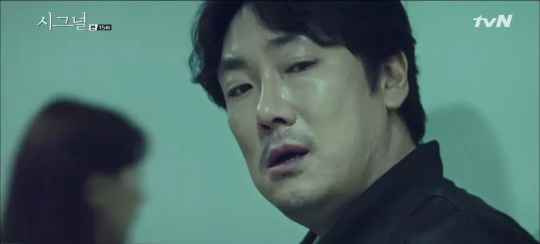
Signal is a crime drama with a dose of fantasy. when a young upstart prosecutor (Lee Je-hoon) encounters a walkie-talkie that connects him to the past, he teams up with a determined cop (Kim Hye-soo) to solve cold crimes and unearth the truth about a cop who had mysteriously disappeared (Jo Jin-woong). dealing with similar themes, Secret Forest features Jo Seung-woo as an apathetic and principled prosecutor, who works together with a warm-hearted kick-ass cop (Bae Doona) to expose and punish the rampant corruption in the prosecution, police force, and conglomerates.
*spoilers ahead*
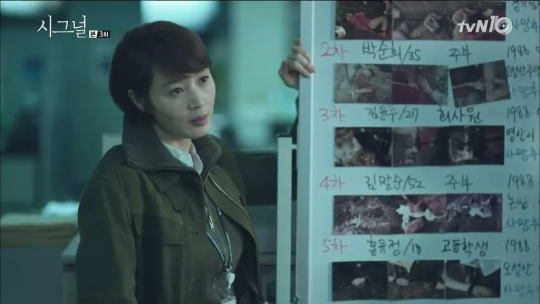
what i really appreciate about both dramas are that its stories are based on real cases, and pays extreme detail in imitating them. Signalbegins with the Hwaseong serial killings, which have been amply covered in other works (e.g. Memories of Murder) and form the groundworks for many korean films/dramas’ creative reimagination. Signal also covers the Miryang gang rape case (a la Han Gong Ju), and even incorporated the line that outraged the korean public into the script (”my boy’s not at fault for being a rapist - she seduced him”). it also makes reference to the collapse to the Seongsu bridge collapse in 1994 (as in House of Hummingbird too). in fact, a family member of a victim of crime sent a message of gratitude to the Signal production staff, for recognising and giving space to their pain.
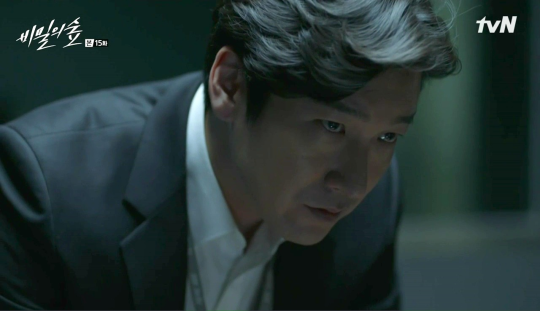
Secret Forest does not make such direct references to cases of corruption that happened, but does so in more subtle ways. when a security guard is unable to hand over a CCTV tape from a month ago, citing that they typically discard the tapes after 14 days although the rules stipulate a 2-month period, Jo Seung-woo’s character coldly points out that this trivial attitude towards following the law will eventually lead to the sinking of a ship or the collapse of a department store. (Sewol ferry incident in 2014, Sampoong Department Store collapse in in 1995). in doing so, it is not afraid to pointedly criticise the ills that have gone unchecked. when the corrupt conglomerate CEO is arrested and arrives in court feigning illness on a wheelchair, we laugh because we’ve seen this before - in different countries, in different eras.
***more spoilers***

another area that distinguishes these two dramas from the rest, is the rich and complex characters created. the cops in both dramas were coerced into ill-doings because of the widespread corruption in the system around them that punished those who tried to stay morally upright. but there remain people who would sacrifice themselves to uproot corruption. Shin Hye-sun’s character in Secret Forest was a sacrificial victim that eventually pointed the team to the culprit, Jo Jin-woong’s character in Signal knowingly risked his life so that his remains could become evidence for indicting the culprit. Kim Hye-soo’s muted optimism, which so quickly deflated into a cold-hearted realism, was especially painful to watch.

but the character that fascinated me most was Yoo Jae-myung’s character in Secret Forest, who unintentionally tumbled into corruption step by wicked step. it all started with an uneventful lunch that a senior volunteered to paid for; it then became a senior doting on him buying him a luxury wallet; and it ends with him being pressured to do him favours. while pretending to be a corrupt prosecutor, Yoo Jae-myung’s character secretly collected evidence, created a special investigation taskforce for Jo Seung-woo’s upright prosecutor, accumulated power to protect the upright prosecutors, before handing the evidence over and committing suicide in disgrace.
*end of all spoilers*
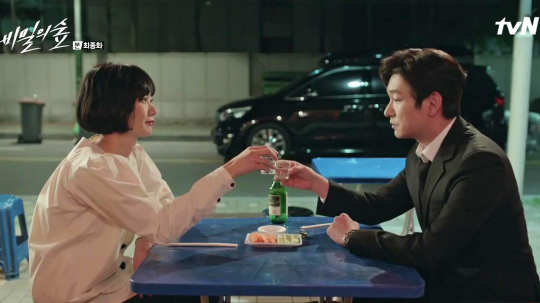
one final spoiler - both dramas do not end in blinding optimism for the future (why should it?) but this should not deter you from watching the drama. rectifying crime & undoing corruption is a systemic unearthing that requires stamina. and if you’re a fan like me, thankfully season 2′s of both dramas are in the works!
i don’t typically watch heist movies - but the lineup was enough to sway me. park hae soo (who is here way hotter than i remembered him to be), lee jae hoon (that nose), ahn jae hong (indie film darling), choi woo shik (now of parasite fame), and park jung min. speak no more.
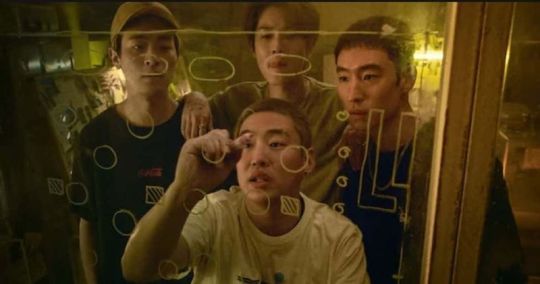
set in a dystopian korea that is socioeconomically torn apart, lee, choi, and ahn rob a mafia-run illegal gambling den in hopes of immigrating to kenting, where they dream of leading peaceful and ordinary lives. when their theft results in a bounty hunter being set upon them, they spend the rest of their lives being haunted (and we spend the remaining 90 minutes of the film breathless). and of course, many gunshots are fired and people died. oh, and the film sets itself up for a sequel as well.
the outstanding strength of the film was really its creation of this version of a dystopian korea. in time to hunt, korea is economically destroyed by strict IMF reforms, which had resulted in immense depreciation of the korean won and surging youth unemployment. for those unfamiliar, s korea took a loan from IMF after the 1997 asian financial crisis, and in return IMF implemented strict reforms that many had perceived as punitive and crippling to the efforts of a nation that was trying to repay its debts. the 1997 asian financial crisis & the IMF situation after did result in many locals losing their jobs, and significantly affected the national psyche so much so that ordinary folks pawned their gold items in order to help the nation repay its debts. so it was interesting to see a dystopian world spun off from this point in economic history.
the scenes of grimy streets and ample graffiti (which ironically are not in hanja) reminded me of the Bronx and some parts of Berlin. there was no youthful exuberance that typically exist in korean films; the men had dreadlocks, are decked in retro sports jackets, and groove to hiphop over cigarettes on rooftops. in some ways time to hunt did perform an offensive caricature on european poverty, but it was unique enough to see this in a korean setting that i could overlook this.
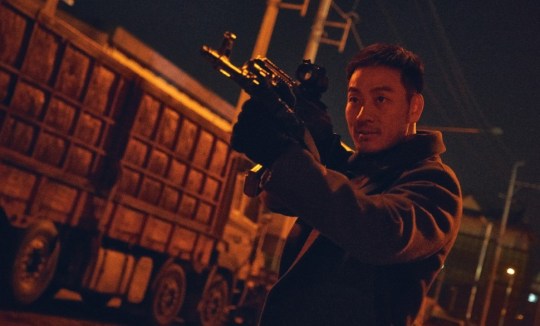
another interesting element of this setup is the futuristic state surveillance. sometimes the props of this state surveillance seem a little childish (maybe they could’ve hired better UX designers, because some of the “surveillance screens” resemble running man videos). but it is also slightly incongruous that in a nation so socioeconomically ravaged, that money was spent on fortifying state surveillance - unless that really is the point. i also didn’t get much background to park’s bounty hunter character, apart for the fact that he’s a really good sniper and has really good political connections. why? what made him this way? park fired at least 5 shots for every word he said, and it’d be far more interesting if park offered lee a job to join him as a bounty hunter.
this film was technically brilliant - suspense was sustained till the end, although some areas were overdone to achieve this suspense. the overpowering red (yes we get it, red is the colour of danger and the colour of sunsets), the all-consuming mist (yes this is a foreign world), the background thrum (this gets old at some point right?). what irked me the most was the rendering of dark colours, which seemed to have an effect that resembled comic book pop colouring. i also enjoyed the character development of the trio; perhaps because i really like these actors, i could relate to them and their depressing coming-of-age realism. although i wish it were bolder in concept and more moderate in execution, time to hunt pushes the boundaries of heist movies and is sufficiently star-powered. –7.5/10
I Can Speak (2017) by Kim Hyun-seok
8/10
Hooked by its humor plus it has elements of things that I like (teaching an elderly, learning a language) pero gandang ganda ako sa story. Walang words to describe the struggle of comfort women. Must watch!
Post link










the whole epilogue scenes are so vibrant and mesmerizing. it has that magical vibe that pulls you in and soothes your feelings. simply executed with minimum effort, but resulted in grandiose moment. I love this a lot ♥

Bleak Night (2011) dir. Yoon Sung-Hyun


